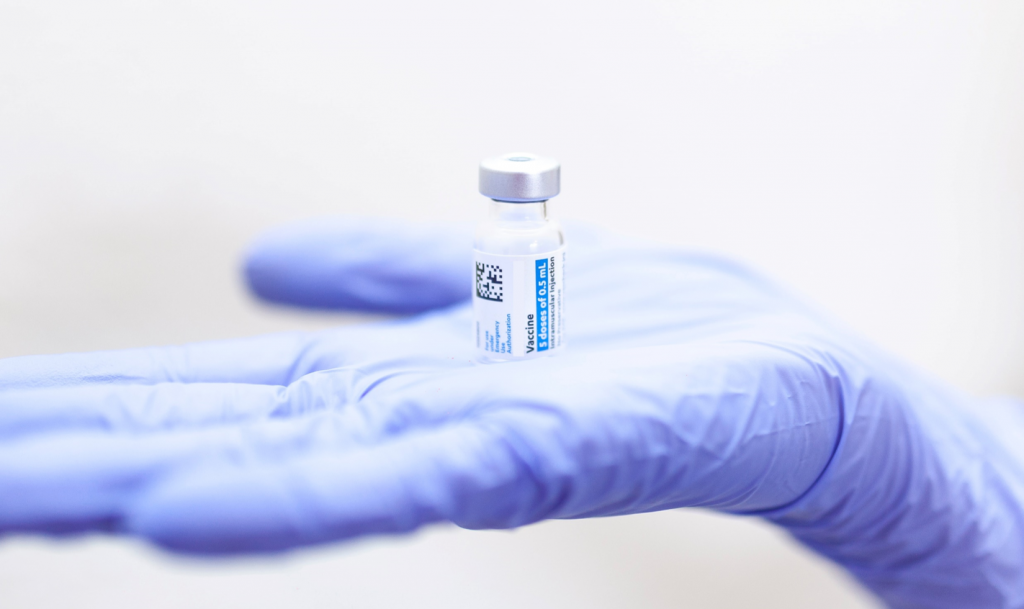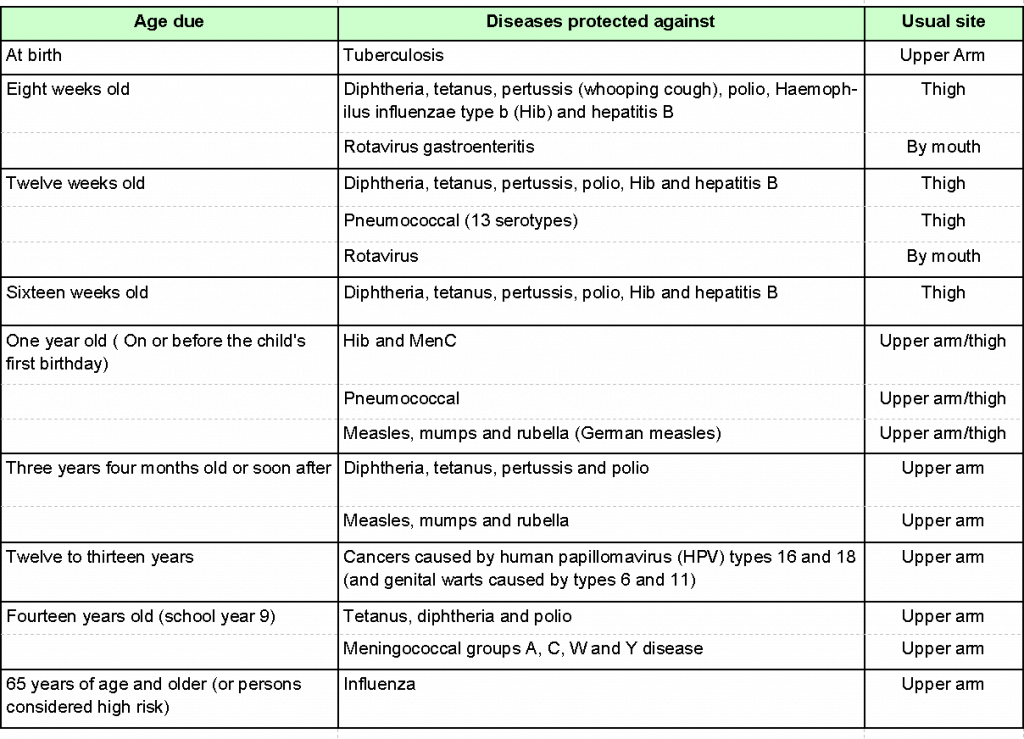28 April 2021
World Immunization Week was first endorsed by the World Health Assembly in 2012, it has since been an annual, global public health campaign by the World Health Organization (WHO), to raise awareness and increase rates of immunization against vaccine-preventable diseases around the world. It takes place each year during the last week of April.
On St Helena a range of vaccines are available to our community; from new born to pre-school, school age and adulthood. On-Island, vaccines now offer more children than ever before, the opportunity to live healthily, and free of vaccine-preventable diseases. The current routine vaccinations available on-Island and what you need to know about vaccines can be found appended to this Press Release.
The impact of vaccines extends beyond public health. For example, healthier children are likely to have improved educational performance, and this in turn can lead to increases in household income and ultimately greater economic growth for the Island. These are prime examples of the benefits of a consistent approach to immunisation, as well as ongoing education, particularly educating parents in order for them to give their child the opportunity to be vaccinated against these diseases.
In 2019 and 2020, 100% of babies that were registered on-Island, received the necessary vaccinations needed. As of April 2021 there has been a 100% uptake of the vaccination against tuberculosis within children under the age of 18 years old. Similarly, 98% of children eligible to receive their HPV (Human papillomavirus) vaccination have done so.
The threat or impact of these diseases aren’t unique to St Helena, but being a small, remote island with limited resources, options and choices of health delivery, immunisation helps to protect our community from the risks of illness.
World Immunization Week could not have taken place at a more significant time for St Helena, as 24 April, marked the end of the roll-out for the second dose of the Oxford AstraZeneca Vaccine on-Island.
St Helena has been very fortunate to be able to offer all persons 18 years and over, the vaccination against COVID-19. Preliminary data shows that close to 95% of the eligible population has been vaccinated. The vaccine has been proven to reduce the severity of COVID-19 symptoms and is of immense benefit.
The current global COVID-19 vaccination programme, in conjunction with the other preventative measures and protocols should help to reduce and eventually stop the spread of the virus worldwide.
Notes to Editors
Immunizations or Vaccinations work by training and preparing the body’s immune system, to recognise and fight off the viruses and bacteria they target. After vaccination, if the body is later exposed to those disease-causing germs, the body is immediately ready to destroy them, preventing illness. Large numbers becoming immunised within communities, also creates a form of protection for persons within those communities who are not able to receive vaccinations; this is called ‘herd’ or ‘community’ immunity.
Vaccines are one of science’s greatest innovations and have provided protection for over two centuries, saving millions of lives each year. The last century has seen vaccines providing protection from many diseases, this has resulted in the eradication of smallpox in the 1980s and the world now close to being free of polio. The continuous advancement and development of vaccines means we are also near to being free from diseases such as tuberculosis and cervical cancer. Vaccinations against vaccine-preventable diseases such as measles, tetanus and whooping cough, now allows people to live healthier lives by providing protection against such. (Adapted from WHO – World Immunization Week Campaign)
SHG
28 April 2021
ROUTINE VACCINATIONS ON ST HELENA
Things you need to know about vaccines:
They DO
- protect you and your child from many serious and potentially deadly diseases
- protect other people in your community – by helping to stop diseases spreading to people who cannot have vaccines
- undergo rigorous safety testing before being introduced – they’re also constantly monitored for side effects after being introduced
- sometimes cause mild side effects that will not last long – some children may feel a bit unwell and have a sore arm for 2 or 3 days
- reduce or even get rid of some diseases – if enough people are vaccinated
They DO NOT
- cause autism – studies have found no evidence of a link between the MMR vaccine and autism
- overload or weaken the immune system – it’s safe to give children several vaccines at a time and this reduces the amount of injections they need
- cause allergies or any other conditions – all the current evidence tells us that vaccinating is safer than not vaccinating
- contain mercury (thiomersal)
- contain any ingredients that cause harm in such small amounts – but speak to your doctor if you have any known allergies such as eggs or gelatin.
Extracted from www.NHS.uk

